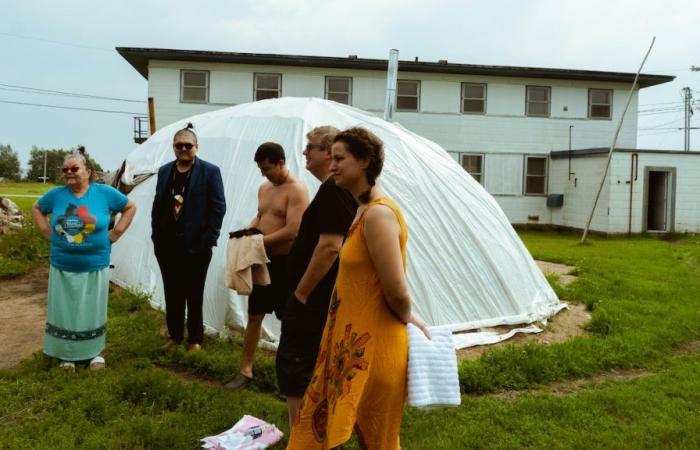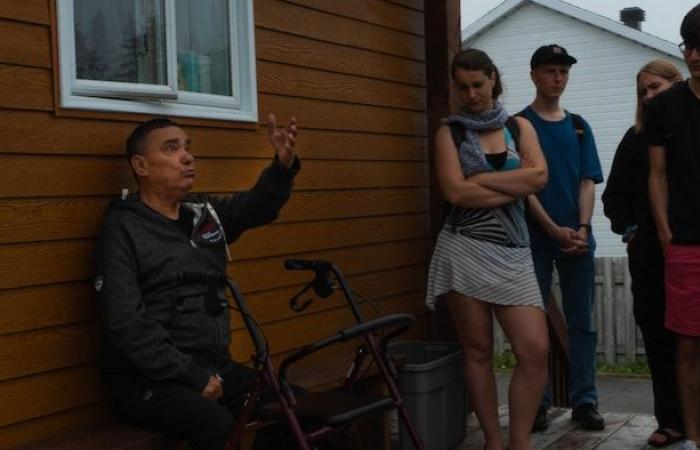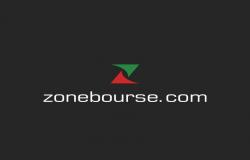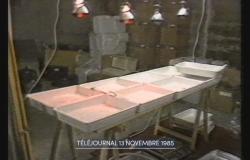A new cohort of aspiring journalists will travel to Uashat mak Mani-utenam, near Sept-Îles, to discover the specificities of their profession in an indigenous environment at the Tshakapesh Institute’s journalism summer school.
For a second year, indigenous and non-indigenous students will spend two weeks in total immersion, in the field, to immerse themselves in the realities of the environment.
From the first hours of the stay, a ton of story ideas will pop into the apprentices’ heads, assures the communications manager of the Tshakapesh Institute, Dan-Georges McKenzie. They will immerse themselves in the environment and learn things that cannot be learned at school.
he adds.
Apprentice journalists will witness the decolonization process and the political, social, cultural and economic changes taking place in Uashat mak Mani-utenam as well as among the country’s First Nations.
Open in full screen mode
The summer school is an opportunity for students to “experience reconciliation”, according to the instigator of the project, Guy Bois. (Archive photo)
Photo: Léonie Poulin
In this quest for self-government, it is fundamental that debates take place on the basis of reliable information
believes the instigator of the project, Guy Bois, also a lecturer at theUQAM. He wants to give the injection of journalism to indigenous students, who will be able to work at the heart of democratic changes in their communities.
Great meeting
Indigenous and non-native students will be able to share their knowledge and discuss the topics covered in complementarity
, explains Guy Bois. THE real knowledge emerges from discussions, reflections and meetings
he maintains, proud of the success experienced by the school’s first outfit, in 2023.
This year, the meeting is expanding. If the first outfit of this school was reserved for Innu students from the member communities of the Institute, students from the eight nations represented by the First Nations Education Council are also invited.
For indigenous students, it is an opportunity to have a new vision of the work of journalists, while for non-indigenous students, it is an opportunity to learn how to do journalism with
indigenous peoples rather than on
them, specifies Mr. Bois, who was also head of the desk at Espaces nationaux.
The students of theUQAM and Cégep de Jonquière will learn to use the indigenous angle in their reports sensitively and in the right way
adds Dan-Georges McKenzie.
Open in full screen mode
Singer-songwriter Florent Vollant went to meet summer school students in 2023. (Archive photo)
Photo: Léonie Poulin
A program of high level
awaits apprentice journalists, underlines Guy Bois. They will meet in particular with the Lieutenant Governor of Quebec, Manon Jeannotte, to talk about public administration. Ms. Jeannotte is co-initiator of the First Nations Leadership SchoolHEC Montreal and was chief of the Mi’kmaq Nation of Gespeg.
They will also receive a visit from Senator Michèle Audette to hear her talk about her experience as commissioner of the National Inquiry into Missing and Murdered Indigenous Women and Girls, in particular.
The second week will be punctuated by the 40th Innu Nikamu festival, a huge luck
according to Mr. McKenzie, to meet artists and cover the excitement of indigenous culture.
The summer school will take place from July 20 to August 4. Students have until June 30 to register. (New window)
Radio-Canada is a partner of the journalism summer school.







